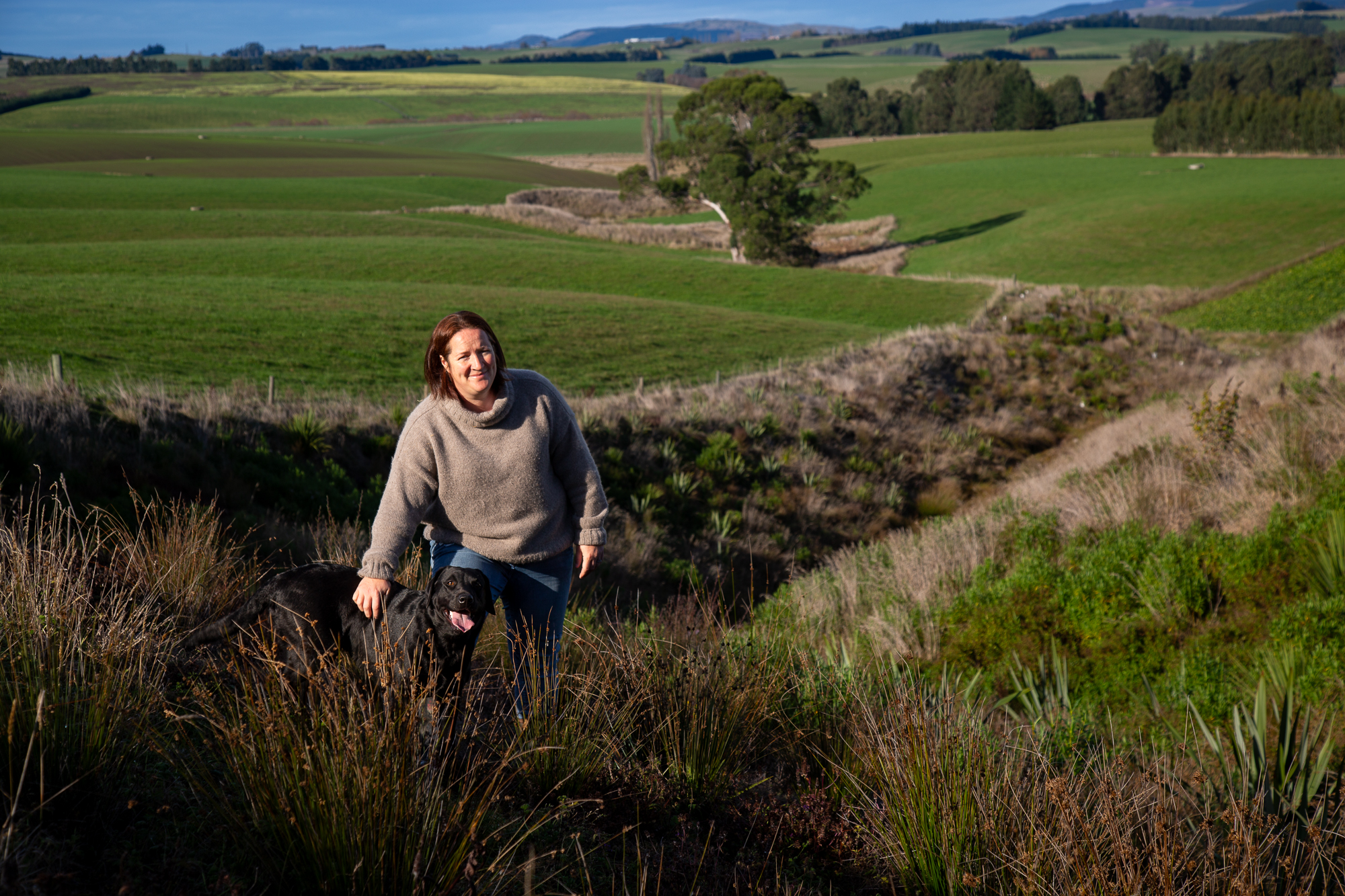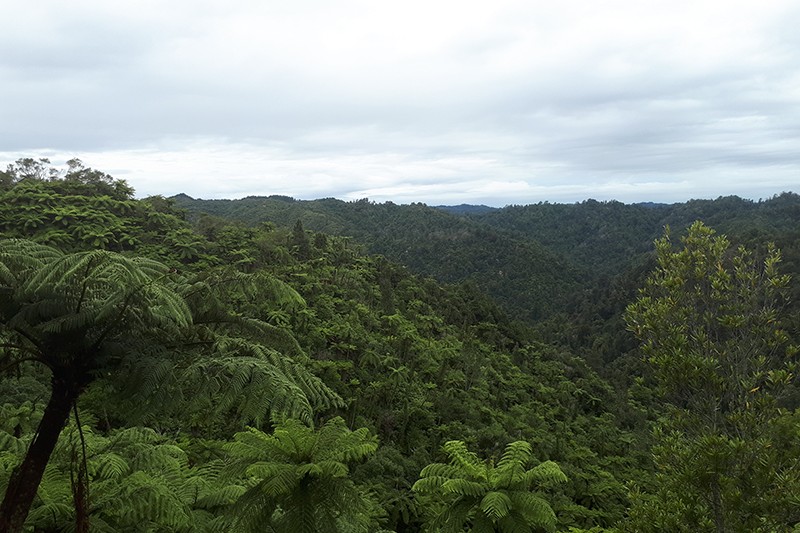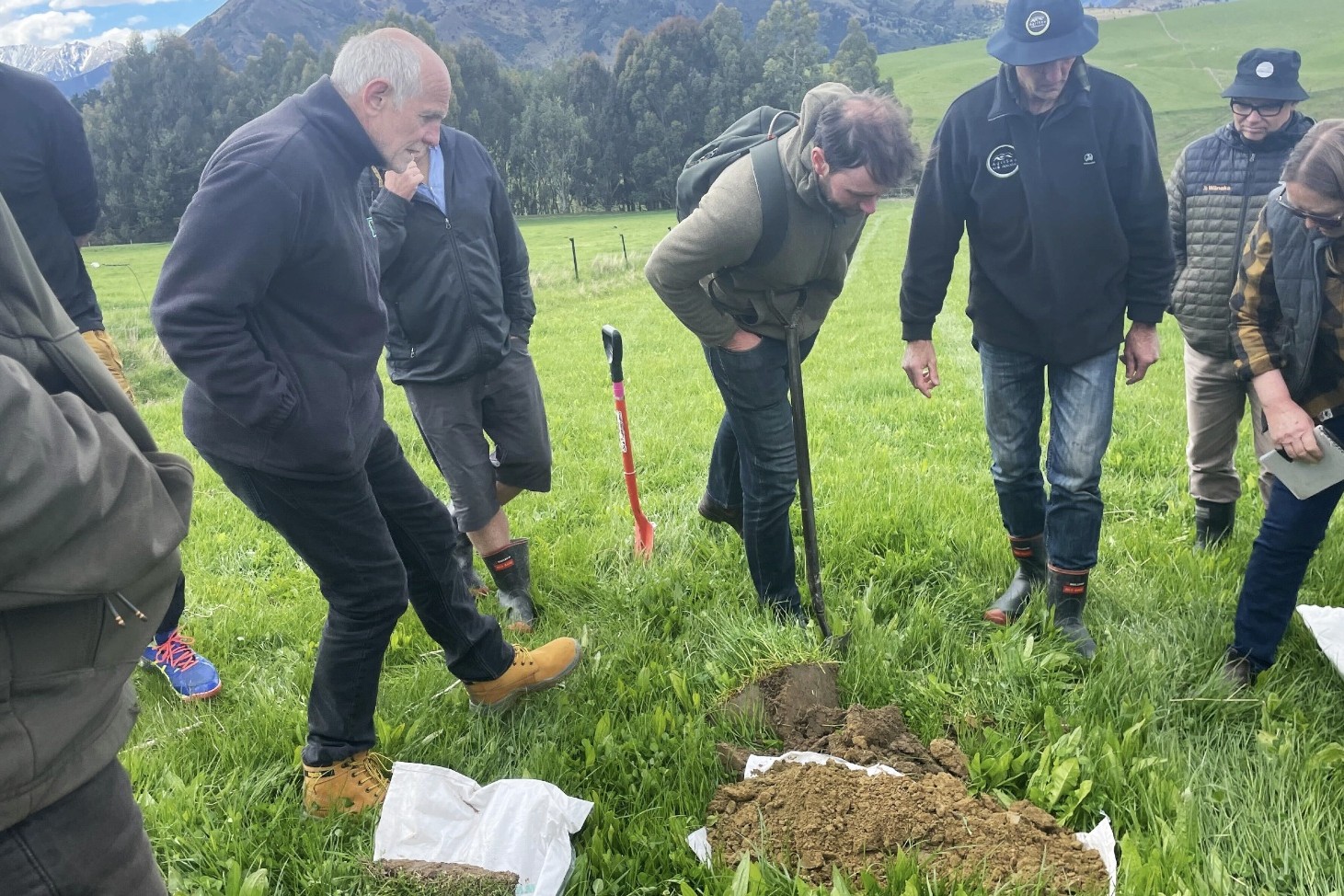A survey by Country-Wide of opinions of He Waka Eke Noa found three quarters of respondents unhappy with the proposals.
Of the 75% who were dissatisfied with He Waka 80% did not support any of the available options, 13% chose farmer levy, 5% processor levy, and the remaining 2% chose a hybrid model or ETS. The survey had 93 respondents.
A respondent wrote, “Whilst both are better than the ETS backstop, neither give certainty on pricing, ensure that it won’t inflate hugely in the future, or that administration and bureaucracy will not just blow out and the money will never actually go to the research and development needed.
“Those options are going to lower production in New Zealand which in turn is going to be made up by other, less-efficient farmers, making the global number worse, not better. They also penalise farmers financially, meaning that there’s even less money available to make on farm improvements and investments.
“Lastly, we should be applauding our farmers, especially the ones who are making progress, both of these options are just different levels of punishment.”
Of the 25% who supported the He Waka proposals, 89% supported the farmer levy and the rest the processor levy.
Within the survey respondents expressed frustration and distrust of the Government and asked why they had to pay more tax.
“Why would we sign up to something where a group of government appointees could change the pricing on a whim?” asked one.
“Why are we being taxed to keep people fed and trying to keep our economy going? Ridiculous!” another asked.
Respondents were asked if they would drop stocking rates or plant more trees to reduce emissions.
Most chose to plant more trees, although many had been planting trees for years. Others wrote lowering stocking rates would make their farm uneconomic.
“If you plant trees your stocking rate will reduce. Can’t afford to drop stocking rate. Stock pays the bills!” a respondent wrote.
A few asked why farmers who were early adopters were not recognised.
“My number is already so low. Why do I have to do anything!! If I do anything I’ll be going negative, why hasn’t anyone talked about these farmers!” one asked.
The survey asked if people had unanswered questions in regards to He Waka. The questions submitted included:
- How would they ensure costs didn’t balloon in the future, when we have zero control, and the issue of leakage to other countries, when our production inevitably drops?
- Why can’t I use the many hectares of non ETS trees already planted on my farm simply because they are pre-2008?
- What about the impact different feed profiles have on emissions? Is there an intention to build in an option for this in future?
- Why aren’t our farming groups standing up to this Government and unworkable policies?
- What are the options for farmers who already have a low number?
- Why did the industry let DairyNZ away with ‘greasing’ up to the Government and agreeing to a 10% reduction target by 2030?
One also asked why the Paris Agreement, which stated climate change mitigation measures should not affect food production, was not acknowledged.
Groundswell NZ, felt the He Waka proposals had shifted from its founding principle, to incentivise uptake of new technology and management, towards a broad-based tax on farming.
Groundswell offered an alternative proposal. The major difference proposed was to link all environmental issues into one integrated policy framework. Group representatives felt environmental policy needed to be focused on achieving environmental outcomes, rather than making rules.
They wanted a strong focus on achieving positive outcomes and avoiding unintended consequences or perverse outcomes.
Groundswell’s fully integrated environmental policy framework, which was still being developed, would include removing duplication, have cost savings for farmers and ratepayers, and reward rather than penalise environmental effort. It would incentivise nature on farms to treat it as an asset, rather than a liability, empower farmers and respect the privacy and property rights of landowners.
Groundswell also wanted to replace the Significant Natural Areas policy with an approach that worked in partnership with landowners.





